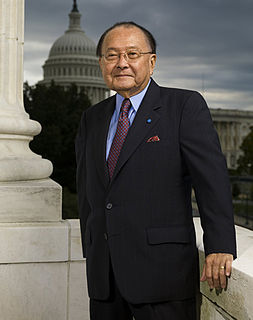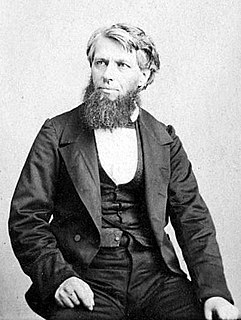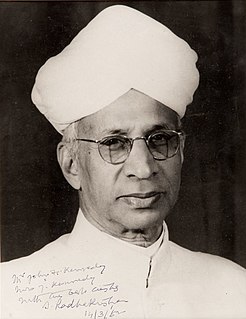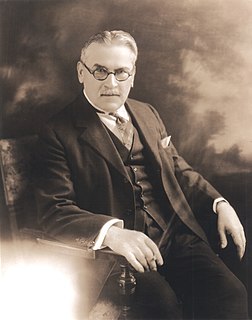A Quote by Bahya ibn Paquda
If we could not forget, we would never be free from grief.
Related Quotes
I would like to use this little flower as a metaphor. The five petals of the little forget-me-not flower prompt me to consider five things we would be wise never to forget....first, forget not to be patient with yourself...second, forget not the difference between a good sacrifice and a foolish sacrifice...third, forget not to be happy now...fourth, forget not the why of the gospel...fifth, forget not that the Lord loves you.
Miss Havisham is a glitch in the smooth functioning of the Patriarchy, enforcing awareness of a moment of social disaster and personal shame, something it seems she would want us to forget (but no one would forget). (Maybe an interesting "discussion question" for readers of Complicated Grief might be, "What do Terry Barton and Miss Havisham have in common?"?)
Grief is accepting the reality of what is. That is grief's job and purpose-to allow us to come to terms with the way things really are, so that we can move on. Grief is a gift of God. Without it, we would all be condemned to a life of continually denying reality, arguing or protesting against reality, and never growing from the realities we experience.
What you learn from bad habits and in bad society, you will never forget, and it will be a lasting pang to you. I tell you in all sincerity, not as in the excitement of speech, but as I would confess and have confessed before God, I would give my right hand if I could forget that which I have learned in bad society.
I think Americans is a very special nation that was created so that people could be free. And they could be free to believe what they wanted. They could be free to work as hard as they wanted, knowing that their labor would accrue to them and to their family, that there wouldn't be a lot of people impinging upon their freedom and telling them what they had to do, and that it would be a nation that was representative of the people, and that it would have a government that was representative of the people rather than one that tried to rule the people.
This result could have been achieved either by his [God] endowing my intellect with a clear and distinct perception of everything about which I would ever deliberate, or simply by impressing the following rule so firmly upon my memory that I could never forget it: I should never judge anything that I do not clearly and distinctly understand.
In the gospel of Jesus Christ you have help from both sides of the veil, and you must never forget that. When disappointment and discouragement strike--and they will--you remember and never forget that if our eyes could be opened we would see horses and chariots of fire as far as the eye can see riding at reckless speed to come to our protection. They will always be there, these armies of heaven, in defense of Abraham's seed.









































